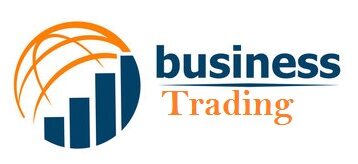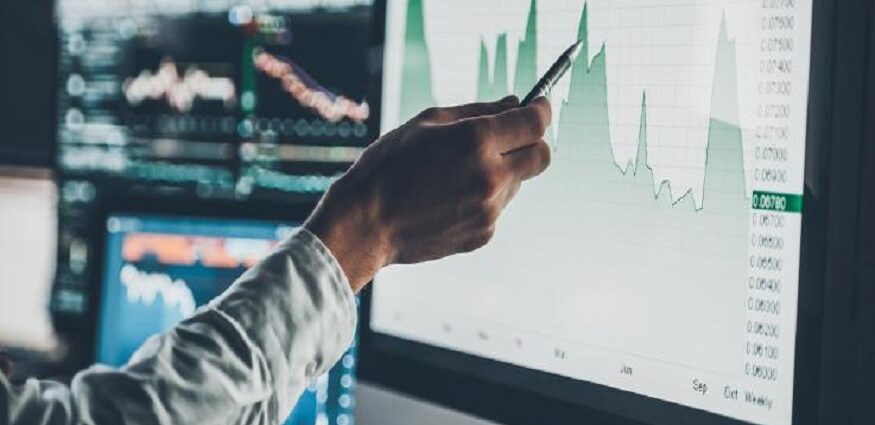Belgium has long been home to a sophisticated class of investors. Known for their prudence, strategic thinking, and deep understanding of global finance, Belgian traders have traditionally gravitated toward blue-chip stocks, government bonds, and established funds. But as markets evolve and volatility reshapes the financial landscape, even the most seasoned traders in Belgium are looking beyond the familiar.
The rise of alternative markets—including commodities, cryptocurrencies, private equity, and sustainable investments—is capturing attention and redefining what it means to be a diversified investor in the 21st century.
This shift isn’t just about chasing higher returns. It reflects a broader understanding of risk management, technology-driven opportunities, and the desire to stay ahead of global economic trends. Let’s explore how Belgium’s trading professionals are expanding into alternative markets—and what this evolution reveals about the future of investing.
A Changing Investment Landscape
Traditional markets like equities and bonds remain the foundation of most portfolios, but recent years have underscored their limitations. Inflationary pressures, geopolitical uncertainty, and shifting interest rate policies have made conventional asset classes less predictable than before. Belgian traders, always known for their analytical mindset, are increasingly turning to alternative investments to smooth out volatility and improve portfolio resilience.
Commodities, for instance, have reemerged as a hedge against inflation and currency fluctuations. Precious metals like gold and silver, as well as energy assets such as oil and natural gas, have drawn interest from traders seeking balance amid economic uncertainty. Likewise, real estate investments—particularly in commercial and green infrastructure projects—are offering tangible value and long-term growth potential outside the traditional securities market.
The Allure of Digital and Decentralised Assets
Cryptocurrency and blockchain-based investments have taken root across Europe, and Belgium is no exception. What once seemed like a speculative niche has now matured into a legitimate component of diversified portfolios. Bitcoin, Ethereum, and other digital assets are being evaluated not merely as currencies but as stores of value and technological disruptors.
Belgian traders are particularly drawn to the analytical side of crypto—the study of on-chain data, algorithmic trading opportunities, and tokenised assets. These markets, while volatile, offer a depth of technical insight and innovation that appeals to those accustomed to strategic, data-driven decisions.
Beyond cryptocurrencies, decentralised finance (DeFi) platforms and tokenised real-world assets (RWAs) are also opening new doors. These innovations allow investors to access global assets directly, often at lower costs and with greater transparency. For a trader in Brussels or Antwerp, participating in a tokenised real estate fund or yield-generating DeFi protocol is no longer a futuristic idea—it’s a reality.
Sustainable Alternatives: Investing with Purpose
Sustainability has become more than a buzzword—it’s a pillar of modern investment strategy. Belgian investors, aware of their nation’s strong environmental and social ethos, are integrating Environmental, Social, and Governance (ESG) principles into their portfolios. Alternative markets are uniquely positioned to support this movement, with opportunities ranging from renewable energy funds to carbon credit trading.
Green bonds, for instance, are enabling investors to finance projects that have measurable environmental benefits while still earning competitive returns. Meanwhile, impact investing—which prioritises social and environmental outcomes alongside profit—has gained traction among Belgium’s high-net-worth and institutional investors. For many, this shift represents not just a financial opportunity but a moral and generational responsibility.
Alternative investments in clean energy, sustainable agriculture, and innovative startups are allowing traders to align personal values with financial strategy. The result is a portfolio that performs well financially and contributes to positive global change.
The Role of Knowledge and Access
While opportunities in alternative markets are expanding, success still depends heavily on expertise and access to reliable platforms. Belgian traders, whether individual professionals or institutional investors, are increasingly seeking integrated tools that provide exposure to a wide range of asset classes without compromising on transparency or regulation.
Modern trading platforms now enable investors to analyse, trade, and manage both traditional and alternative assets from a single interface. This accessibility is breaking down barriers that once kept alternatives exclusive to hedge funds and large institutions. Today, anyone with the right knowledge and tools can explore commodities, forex, ETFs, and crypto assets seamlessly.
For those looking to explore these new frontiers, education remains key. Resources that offer expert insights, research tools, and global market access are helping traders make informed, confident decisions. You can get more info about how advanced platforms are supporting this evolution in Belgium’s trading community.
Conclusion
The rise of alternative markets in Belgium signals more than just diversification—it marks a new era of opportunity and empowerment. Today’s traders are not abandoning traditional investments; they are enhancing them, building layered strategies that reflect a complex, interconnected world. Whether through commodities, cryptocurrencies, or sustainable ventures, Belgian investors are shaping a future that is both financially rewarding and socially responsible.
This evolution also mirrors a broader global shift: one in which technology, ethics, and innovation intersect. By embracing alternatives, Belgium’s traders are not only safeguarding their portfolios but also positioning themselves at the forefront of financial progress.

